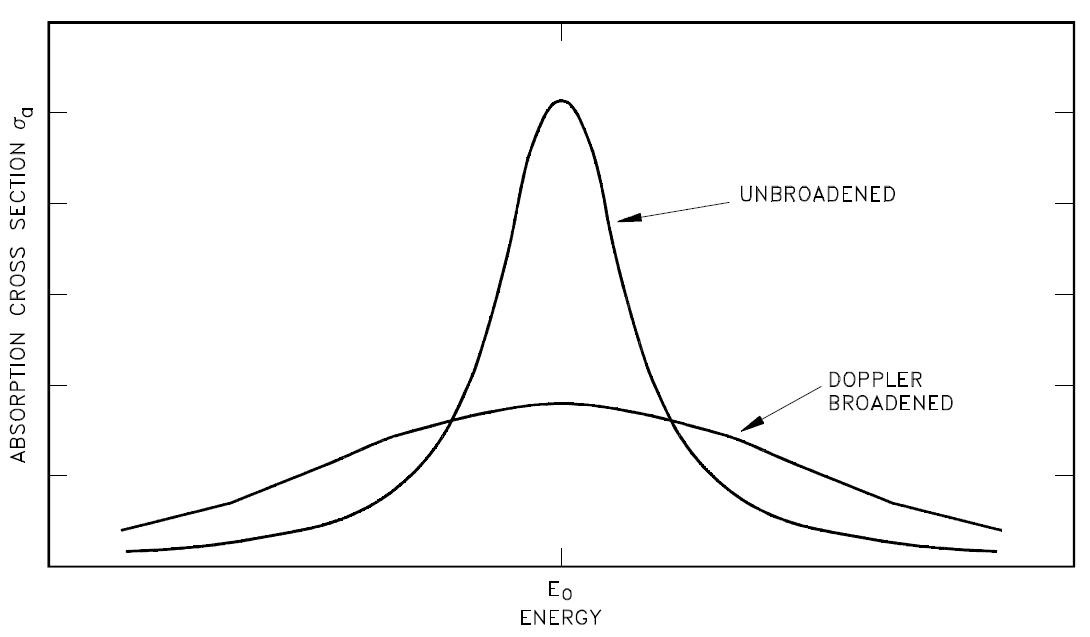
تاريخ الفيزياء

علماء الفيزياء


الفيزياء الكلاسيكية

الميكانيك

الديناميكا الحرارية


الكهربائية والمغناطيسية

الكهربائية

المغناطيسية

الكهرومغناطيسية


علم البصريات

تاريخ علم البصريات

الضوء

مواضيع عامة في علم البصريات

الصوت


الفيزياء الحديثة


النظرية النسبية

النظرية النسبية الخاصة

النظرية النسبية العامة

مواضيع عامة في النظرية النسبية

ميكانيكا الكم

الفيزياء الذرية

الفيزياء الجزيئية


الفيزياء النووية

مواضيع عامة في الفيزياء النووية

النشاط الاشعاعي


فيزياء الحالة الصلبة

الموصلات

أشباه الموصلات

العوازل

مواضيع عامة في الفيزياء الصلبة

فيزياء الجوامد


الليزر

أنواع الليزر

بعض تطبيقات الليزر

مواضيع عامة في الليزر


علم الفلك

تاريخ وعلماء علم الفلك

الثقوب السوداء


المجموعة الشمسية

الشمس

كوكب عطارد

كوكب الزهرة

كوكب الأرض

كوكب المريخ

كوكب المشتري

كوكب زحل

كوكب أورانوس

كوكب نبتون

كوكب بلوتو

القمر

كواكب ومواضيع اخرى

مواضيع عامة في علم الفلك

النجوم

البلازما

الألكترونيات

خواص المادة


الطاقة البديلة

الطاقة الشمسية

مواضيع عامة في الطاقة البديلة

المد والجزر

فيزياء الجسيمات


الفيزياء والعلوم الأخرى

الفيزياء الكيميائية

الفيزياء الرياضية

الفيزياء الحيوية

الفيزياء العامة


مواضيع عامة في الفيزياء

تجارب فيزيائية

مصطلحات وتعاريف فيزيائية

وحدات القياس الفيزيائية

طرائف الفيزياء

مواضيع اخرى
Fuel Temperature Coefficient
المؤلف:
U.S. Department of Commerce, National Technical Information Service, 1993
المصدر:
The Nuclear Physics and Reactor Theory Handbook
الجزء والصفحة:
p 25
18-4-2017
2555
Fuel Temperature Coefficient
Another temperature coefficient of reactivity, the fuel temperature coefficient, has a greater effect than the moderator temperature coefficient for some reactors. The fuel temperature coefficient is the change in reactivity per degree change in fuel temperature. This coefficient is also called the "prompt" temperature coefficient because an increase in reactor power causes an immediate change in fuel temperature. A negative fuel temperature coefficient is generally considered to be even more important than a negative moderator temperature coefficient because fuel temperature immediately increases following an increase in reactor power. The time for heat to be transferred to the moderator is measured in seconds. In the event of a large positive reactivity insertion, the moderator temperature cannot turn the power rise for several seconds, whereas the fuel temperature coefficient starts adding negative reactivity immediately.
Another name applied to the fuel temperature coefficient of reactivity is the fuel doppler reactivity coefficient. This name is applied because in typical low enrichment, light watermoderated, thermal reactors the fuel temperature coefficient of reactivity is negative and is the result of the doppler effect, also called doppler broadening. The phenomenon of the doppler effect is caused by an apparent broadening of the resonances due to thermal motion of nuclei as illustrated in Figure 1. Stationary nuclei absorb only neutrons of energy Eo. If the nucleus is moving away from the neutron, the velocity (and energy) of the neutron must be greater than Eo to undergo resonance absorption. Likewise, if the nucleus is moving toward the neutron, the neutron needs less energy than Eo to be absorbed. Raising the temperature causes the nuclei to vibrate more rapidly within their lattice structures, effectively broadening the energy range of neutrons that may be resonantly absorbed in the fuel. Two nuclides present in large amounts in the fuel of some reactors with large resonant peaks that dominate the doppler effect are uranium-238 and plutonium-240.

Figure 1: Effect of Fuel Temperature on Resonance Absorption Peaks
 الاكثر قراءة في مواضيع عامة في الفيزياء النووية
الاكثر قراءة في مواضيع عامة في الفيزياء النووية
 اخر الاخبار
اخر الاخبار
اخبار العتبة العباسية المقدسة

الآخبار الصحية















 قسم الشؤون الفكرية يصدر كتاباً يوثق تاريخ السدانة في العتبة العباسية المقدسة
قسم الشؤون الفكرية يصدر كتاباً يوثق تاريخ السدانة في العتبة العباسية المقدسة "المهمة".. إصدار قصصي يوثّق القصص الفائزة في مسابقة فتوى الدفاع المقدسة للقصة القصيرة
"المهمة".. إصدار قصصي يوثّق القصص الفائزة في مسابقة فتوى الدفاع المقدسة للقصة القصيرة (نوافذ).. إصدار أدبي يوثق القصص الفائزة في مسابقة الإمام العسكري (عليه السلام)
(نوافذ).. إصدار أدبي يوثق القصص الفائزة في مسابقة الإمام العسكري (عليه السلام)


















